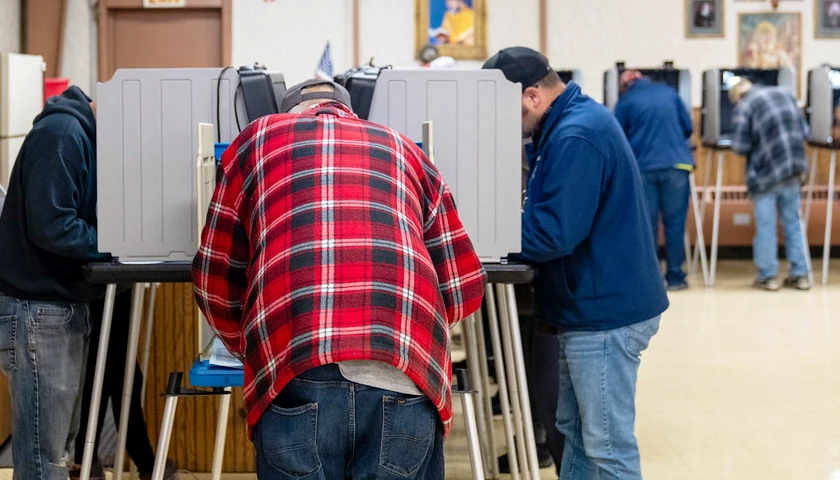After a staggering number of Ohio public schools failed to make the grade, the state’s voucher and charter school system is poised for tremendous expansion.
In Ohio, if the public school test scores of a student’s home district fall below a certain level, calculated by the Ohio Department of Education, a number of the students are automatically granted vouchers to attend private school and charter schools are permitted to establish themselves. This is intended to both give children from every country access to quality schools and alleviate the student burden on the lagging school. The public schools performed so poorly that charter schools will have 600 times more areas to expand into, and student access to vouchers will more than double.
Teacher unions and many in the progressive activist community have aggressively opposed both school voucher programs and charter schools. They argue that these programs siphon off funding from the already financially strained school system. In addition, a number of private schools in Ohio were founded as religious institutions. While none can legally force children to engage in religious activity against their will, progressives maintain that as they are still religiously-oriented, it is a violation of the ‘separation church and state.’
Ironically, it was an inability to meet the Common Core Standards enacted under the Obama Administration in 2010 and backed overwhelmingly by progressive leaders that led to the failing grades for most counties.
Common Core was officially activated in 2015, however, counties were given a multiyear grace period to adapt and adjust to the new curriculum. When that grace period ended, the state scores continue to lag. In total 487 schools have been ruled “failing,” up from 255, last year, affecting 137 school districts from an original 32.
Ohio’s first charter school was established in 1997, while school vouchers have been in place in some areas of the country for over 100 years. A plurality of the additional programs came into effect with the Educational Choice Scholarship Program of 2005. These private institutions are not required to abide by the same educational standards as public schools. This makes comparative analysis difficult. Even so, the fact that they are more malleable and able to adapt without the burden of large unions of bureaucracy is more than reason enough for many parents to prefer them to traditional public schools.
– – –
Andrew Shirley is a reporter at Battleground State News and The Ohio Star. Send tips to [email protected].






[…] the past several years, Ohio has gradually adopted a more robust school voucher program as well as more charter schools. While many critics claim […]
[…] the past several years, Ohio has gradually adopted a more robust school voucher program as well as more charter schools. While many critics claim […]